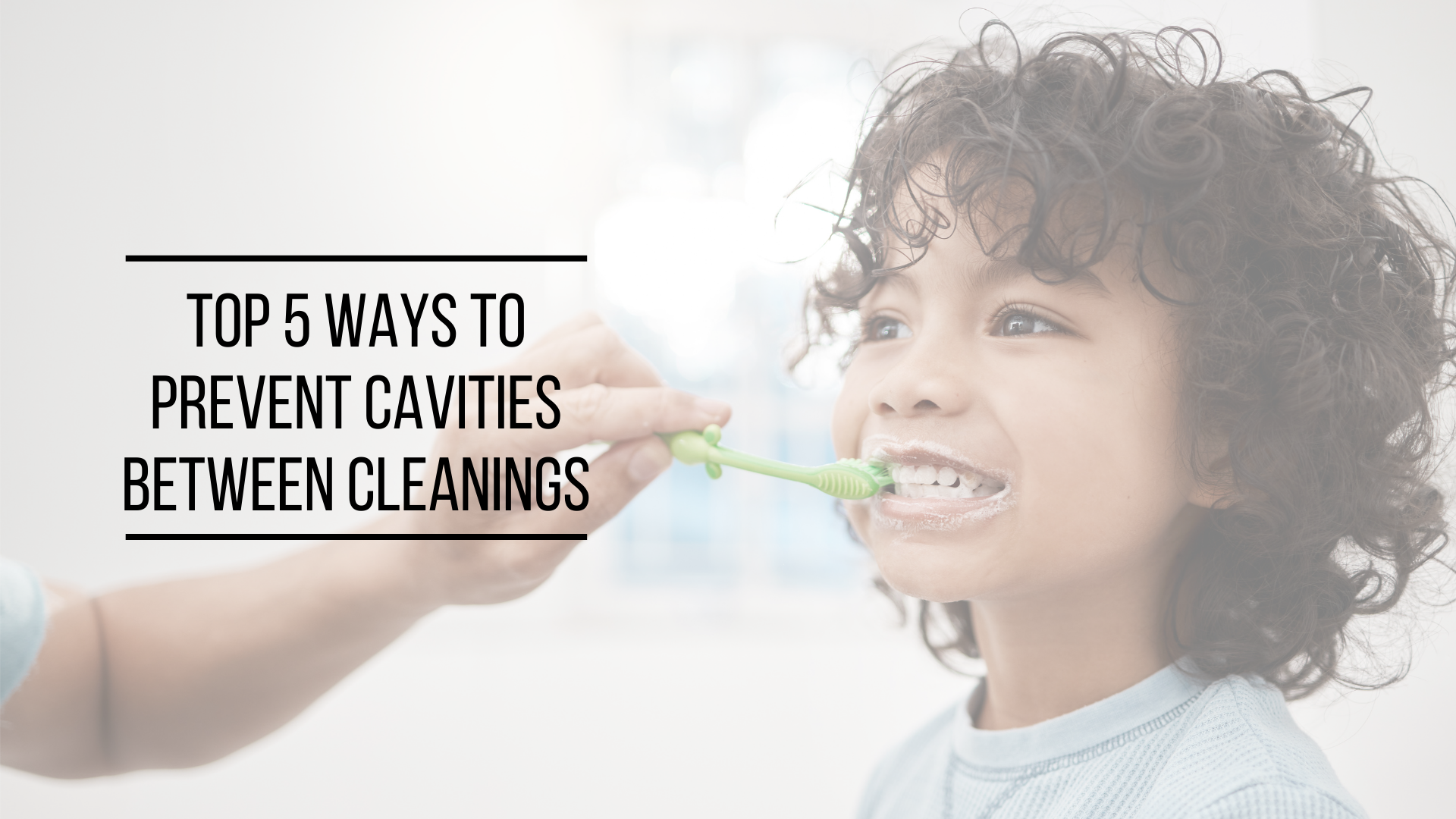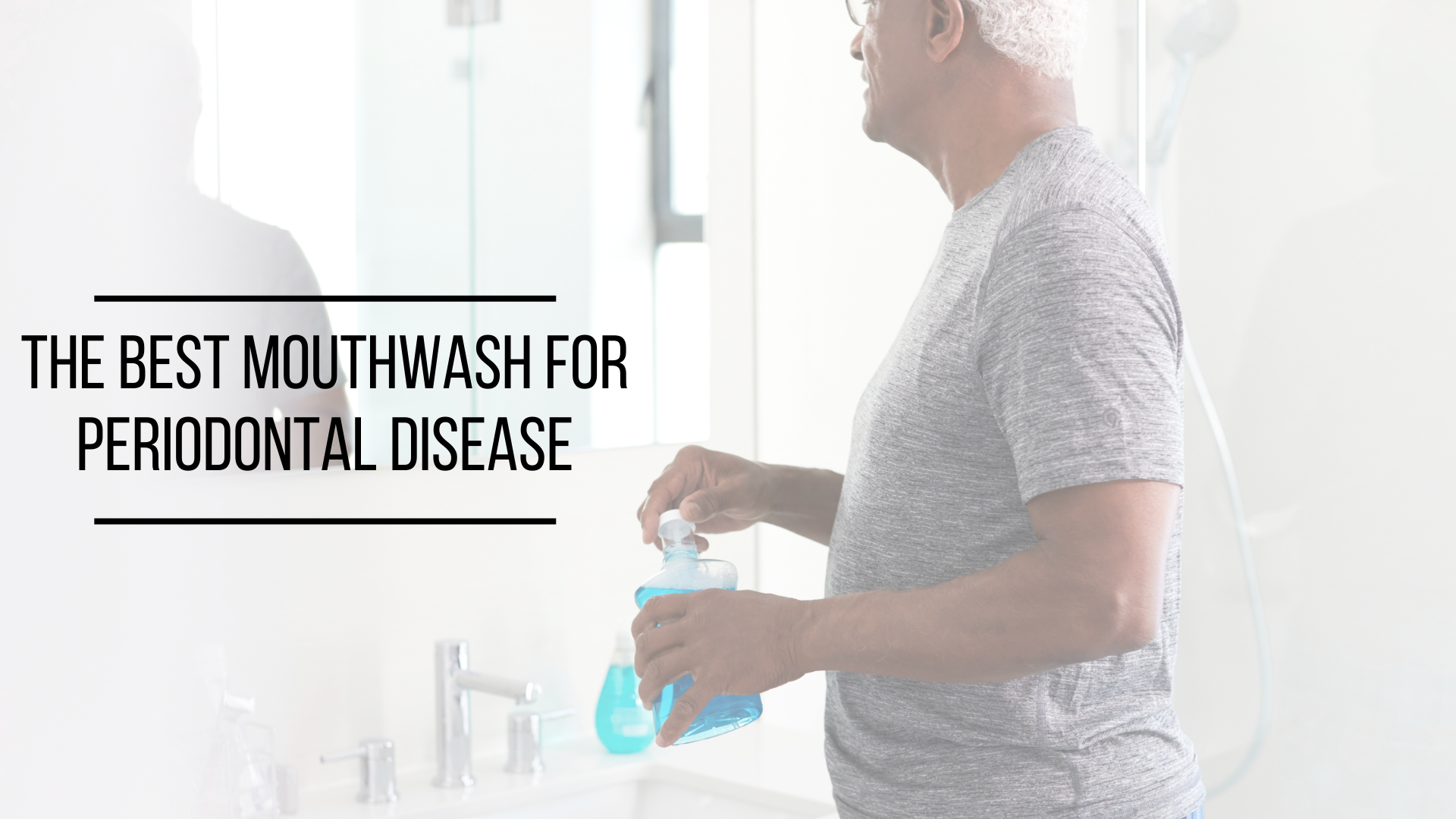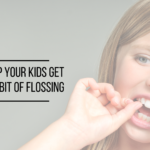Cavities are caused by acids that are produced when plaque (a sticky film of bacteria) breaks down sugars in your mouth. These acids can damage the hard outer shell of your teeth (enamel), eventually causing a small hole or cavity. If left untreated, cavities can become larger and cause pain, infection, and even tooth loss.
Brushing and flossing are great for preventing cavities but did you know that there are other things you can do to help keep your teeth healthy and cavity-free? In this blog post, we will discuss the top five ways to prevent cavities between professional dental cleanings!
1. Brush Regularly and Correctly
Brushing your teeth at least twice a day is vital to keep them cavity-free. Be sure to use a toothbrush with soft bristles and brush gently in a circular motion. Don’t forget to brush your tongue too!
2. Floss Daily
Flossing gets rid of plaque and bacteria that your toothbrush can’t reach. Be sure to floss gently so you don’t damage your gums. To floss correctly, you must use a clean, long piece of floss. Push the floss in between each tooth and move it up and down in a zigzag motion.
Unwaxed dental floss is often recommended as it is less likely to shred. You can also try using an interdental brush which is specifically designed to clean those hard-to-reach areas in between your teeth.
3. Eat a Healthy Diet
What you eat plays a big role in cavity prevention. Foods that are high in sugar and carbohydrates are more likely to cause cavities. To prevent cavities, it is important to limit sugary snacks and drinks.
It is also important to eat plenty of fruits, vegetables, and dairy products as these contain fluoride which helps strengthen tooth enamel. Fruits and vegetables are not only good for your teeth but they are also good for your overall health!
And lastly, avoid snacking too often as this can cause plaque to build up on your teeth. If you do snack, choose healthy options like nuts, seeds, or cheese instead of sugary snacks.
4. Drink Plenty of Water
Water is important for keeping your teeth and gums healthy. It also helps rinse away food and bacteria that can lead to cavities. Be sure to drink plenty of water throughout the day, especially after meals.
Fluoridated water is even better for cavity prevention as it contains fluoride which helps strengthen tooth enamel. If you live in an area where the water is not fluoridated, you can use fluoride toothpaste or mouthwash to help prevent cavities.
5. Use Mouthwash
Mouthwash can help prevent cavities by reducing the amount of plaque and bacteria in your mouth. Be sure to choose a mouthwash that contains fluoride. Swish the mouthwash around in your mouth for 30 seconds before spitting it out.
Following these simple tips will help you keep your teeth healthy and cavity-free! Remember that regular visits to your dentist for professional cleanings and check-ups are the best way to prevent and treat the early stages of cavities or tooth decay.















